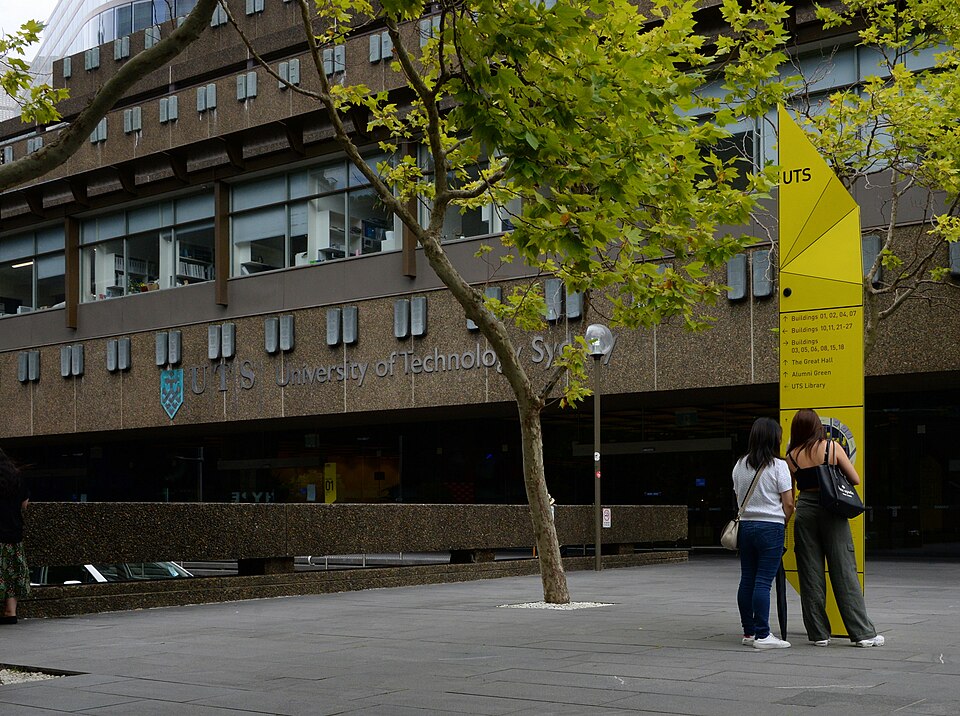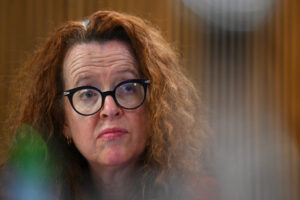While university leaders zip around the world, consultants are creating twin crises on Australian campuses

University leaders are keeping their institutions in the news for all the wrong reasons. Yesterday, it was University of Technology Sydney’s (UTS) turn for a round of bad press.
Five of its executives – including the Vice-Chancellor – zipped to the US for two alumni events in May, at a total cost of $140,000. That kind of expenditure, on the part of a leadership team trying to cut expenses by $100 million next year, has raised eyebrows and attracted outrage, not least of all among the staff who leaked the information to the ABC. It is redolent of the travel expense scandals arising from the ANU in recent months.
It’s no secret that Australia’s universities are in crisis. Australian Vice-Chancellors are among the highest-paid in the world (and that’s even without their occasional side-hustles). They preside over institutions that can afford to spend big on executive travel but cannot maintain their academic workforce. (Education journalist Julie Hare estimates around 2,200 jobs are vulnerable across the sector.) Executives complain that budgets are tight. Course cuts, redundancies and confrontational “change management plans” are the order of the day. Students and staff have little say in the governance of these institutions, whose councils are increasingly dominated by consultants and other corporate appointees.
All these stories cause indignation, but they must not distract from the deeper problems with university management. While vice-chancellors and senior executives are jetting around the world, the private sector consultants they rely on are drawing up plans that will shape the future of these institutions for years to come. Universities spend big money on strategic advice from consultants. That spending causes twin crises: it adds to universities’ growing operational deficits, and it makes governance and decision-making more opaque and undemocratic.
In May, the Australian Financial Review reported that UTS spent $4.8 million over four months on a contract with KPMG for “strategic advice” about the university’s future. That advice took the form of a “six-layer framework for target operating model design”. (As AFR columnist Hannah Wootton points out, at less than $1 million per layer of “framework”, it’s a bargain.) The outcome of that advice was a new Operational Sustainability Initiative (OSI) that will see $100 million and potentially 400 jobs slashed from the university by the end of next year.
Even for a large institution, $4.8 million is a huge amount of money. A brief glance at UTS’s 2024 annual report shows that this sum equates to:
- Half of UTS’s 2024 expenditure on laboratory supplies ($9.5 million).
- 87% of its insurance bill ($5.5 million).
- More than the entirety of UTS’s telecommunications expenses (nearly $3.4 million in 2024).
Worth particular attention is the KPMG contract itself which cost the equivalent of 5% of UTS’s new OSI savings target.
University largesse gives consultants not only millions of dollars, but also a valuable seat at the tables where big decisions about the future of each institution are made. Many of the change management plans that blight the sector are premised on data and recommendations cooked up in consultants’ offices. UTS has communicated with staff about KPMG’s role, but other universities guard their consultancy contracts zealously.
The Australian National University (ANU) is a worrying example of consultants’ encroachment on university decision-making. Nous Consulting Group provided the data and the proposals that are now driving ANU Vice-Chancellor Genevieve Bell’s $250 million cost-cutting mission, RenewANU. Nous has a comparative advantage in the sector because it owns “sensitive and granular data” that it can “sell” to universities alongside slide decks full of strategic advice. (Not only is Nous’s data highly opaque; it is extremely expensive. In April Griffith University paid $300,000 for the privilege of this information.)
The ANU paid Nous $1.1 million between September 2024 and January 2025 and signed a further contract earlier this year for $1 million over six months, with the possibility of an additional million-dollar extension over six months if required.
Everything about that process was secretive. Bell exempted the first contract with Nous from “standard” procurement processes so that the firm could start its “highly sensitive” work straight away. The second contract was procured by way of “closed tender”. Nous’s role was apparently concealed even from ANU Council members. FOI documents show that Nous staff volunteered to put figures and data “back into ANU branding” for Bell to present to Council.
ANU is by no means alone in the power it affords external consultants. In 2023, Australia Institute research pointed out that consultants from Accenture were present when the governing body of the University of South Australia voted in favour of merging with the University of Adelaide. Those consultants had advised on the feasibility of the merger and had existing partnerships with UniSA that prompted questions about conflicts of interest. None of these details were publicly known until FOI requests from Adelaide journalists brought the information to light.
It matters that these consultancy contracts are so expansive, and that so much public money is funnelled to these firms. It matters even more that these private firms are given such privileged influence over decisions that affect thousands of students and staff across Australia. In the modern university system, expenditure crises are integrity crises, and consultants contribute to both aspects of the problem.
How do we curb their influence? As we have proposed elsewhere, the Acts governing Australian universities could be amended so that staff and students are meaningfully, democratically represented on university councils. State governments could introduce laws that require universities to report itemised consultancy spending for all contracts above $10,000. Such rules exist already in Victoria, ensuring greater transparency of their universities’ expenditure. A national whistleblower protection authority, covering the public sector more broadly as well as universities specifically, would help to mitigate secrecy and unaccountability in university governance and spending.
Without major changes in management, crises of finance and governance are likely to remain standard fare on Australian campuses. The solutions exist, as does the appetite for reform among rank-and-file university staff. Until university leaders get on board, they can expect more intense criticism (and perhaps the occasional leak) from their staff.
Between the Lines Newsletter
The biggest stories and the best analysis from the team at the Australia Institute, delivered to your inbox every fortnight.
You might also like
Failing the test: Australian universities in crisis
Great countries have great institutions, but Australian universities are a mess.
Bell’s departure is overdue, but this crisis is not all her fault. Here’s why
Genevieve Bell, vice-chancellor of the Australian National University (ANU), has announced her resignation. Many will welcome this news.
ANU’s latest scandal shows us why transparency is so important, and where to start
Governance at Australia’s universities is in a dire state.


